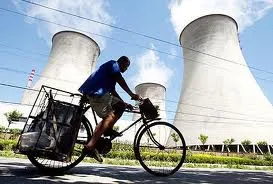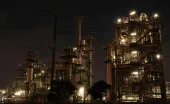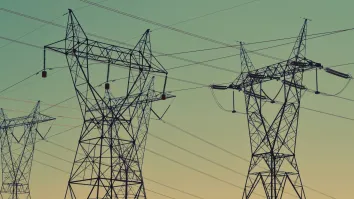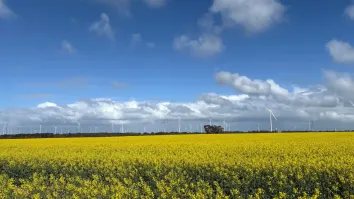
Japan nuclear incident causes China to alter nuclear targets
China's 2020 nuclear capacity targets are likely to be scaled down as the country imposed a moratorium on new project approvals.
China promised to "adjust and improve" its plans for the sector after an earthquake and tsunami devastated Japan's northeast coast and left the ageing Fukushima Daiichi reactor complex on the brink of meltdown, reports Reuters.
China was originally scheduled to release a revised blueprint for its nuclear sector this year, with many predicting a new 2020 target of 86 GW, up from the previous 40 GW.
Capacity at the end of 2010 stood at 10.9 GW, but projects already under construction would have pushed the total up to 40 GW by as early as 2015, and China's bullish reactor builders even suggested a target of 100-120 GW was within reach.
Li Yongjiang, vice president of the China Nuclear Energy Association, said on the sidelines of an industry conference in Hong Kong that new projects were likely to be resumed next year, but China had already lost a year of construction time.
"The 86-GW target was still a very tight target in the first place," he said, adding that the suspension forced the delay of around 10 GW of new capacity this year.
"If we start from next year, we'll only be able to build 60 to 70 GW so we will definitely have to reduce (the target)," he said.
In March, the government ordered a nationwide inspection of existing plants and construction sites in order to allay public disquiet about the safety of nuclear power.
Areas of concern included the safety of the many "second-generation" reactors set to go into operation, the shortage of qualified safety and operational personnel, and the possible construction of nuclear projects in seismically vulnerable provinces like Sichuan.
Officials have suggested that no new second-generation reactors will be approved, leaving the way clear for third-generation models designed by France's Areva and U.S.-based Westinghouse, owned by Toshiba .
Chinese officials have stressed throughout the inspection period that while the pace of development could be adjusted in the wake of Fukushima, long-term capacity expansion plans would remain intact.
"We should ensure the safety of nuclear energy before coming up with new projects," said Zhao Chengkun, vice-chairman of the CNEA.
"So although we're kind of slowing down right now, I'm sure once we overcome all our challenges we'll be able to develop further."



















 Advertise
Advertise





